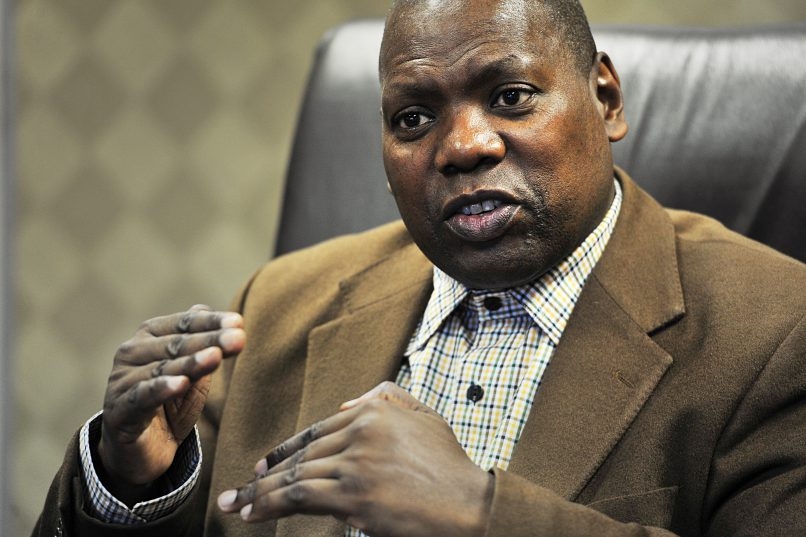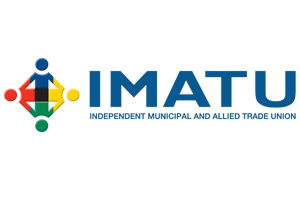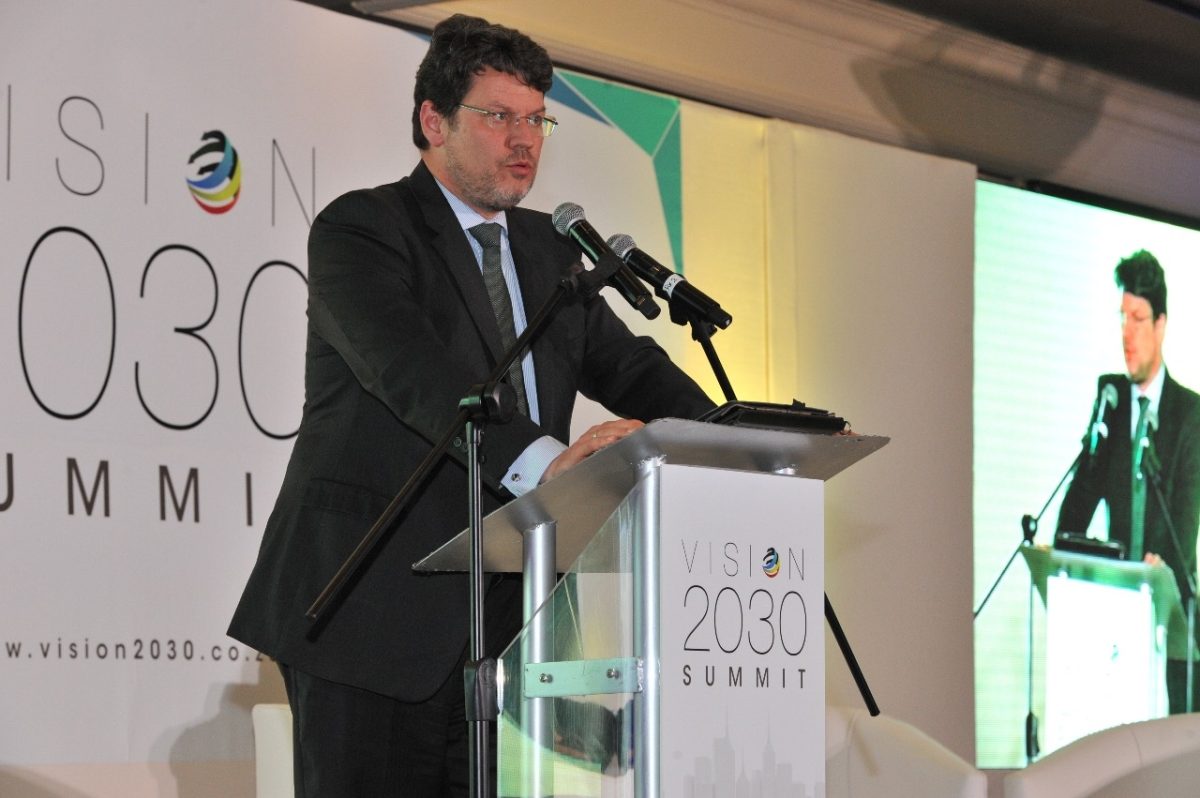

The Cooperative Governance and Traditional Affairs (CoGTA) Department has appointed 81 new engineers and town planners in an effort to assist distressed and dysfunctional municipalities to get back on track.
The appointments follow Auditor General Kimi Makwetu’s report detailing the dire state of municipalities, with 87 municipalities classified as dysfunctional. To support municipalities in the nine provinces, CoGTA announced an intervention programme focusing on three areas: governance and administration, service delivery and infrastructure as well as financial management.
“The ability of municipalities to plan, deliver, operate and maintain infrastructure is dependent to a greater extent, on the capacity of officials to execute their responsibilities. The technical nature of the responsibilities demands requisite levels of expertise and skills, mainly in the field of civil engineering. “The situation in the country has been such that only 55 municipalities out of 257, had engineers leading their technical divisions.
“Our implementing agent, the Municipal Infrastructure Support Agent (MISA), supported 55 struggling municipalities to spend their infrastructure allocations. It is my great pleasure to warmly welcome to CoGTA, our 81 new engineers and town planners,” said CoGTA Minister Zweli Mkhize.
The cohort of technical experts is appointed as part of the District Technical Support Teams in the affected municipalities. The teams comprise:
- Nine provincial managers, most of whom are engineers;
- Thirty-six civil engineers, with seven of them being chief engineers;
- Fourteen electrical engineers;
- Sixteen town and regional planners;
- Seven candidate civil engineers – experienced engineers who are in the process of completing their professional registration.
Mkhize said the technical support programme will run until the end of April 2021.
The recovery programme also seeks to assist municipalities that were on the back foot as a result of underspending their Municipal Infrastructure Grants (MIG).
“Since 2012/13, a total of R3.4 billion in MIG transfers was stopped and was reallocated from underspending municipalities to better spending municipalities. This was not ideal, as it tended to penalise municipalities with a lower capacity and hence punishing the poorer communities.
“This is why we have decided to institute this programme. We want to solve the problem of money being sent back due to failure to spend it by municipalities,” he said.
As part of youth development, MISA also appointed 62 young graduates in civil engineering, electrical engineering, town and regional planning, project and construction management as well as solid waste management fields.
“Our overall recruitment programme is still continuing. The Municipal Infrastructure Support Agent has advertised for more engineers and town planners to fill existing vacancies as the MISA organogram makes provision for 150 technical experts.
“We are aware of the shortage of skills in critical sectors such as water engineering and our next recruitment drive will seek to correct that shortage,” said Mkhize.
More news
- REFRATECHNIK ASIA NEW ASSOCIATE CORPORATE MEMBER OF WCA
- PART 5: SA’S TRADE DILEMMA: A PODCAST DISCUSSION WITH DONALD MACKAY
- STATE-DRIVEN OPPORTUNITIES FOR SA CONSTRUCTION COMPANIES BUT MANAGING RISK IS A PRIORITY
- PART 4: SA’S TRADE DILEMMA: A PODCAST DISCUSSION WITH DONALD MACKAY
- CONCOR KICKS OFF OXFORD PARKS BLOCK 2A PHASE I PROJECT




